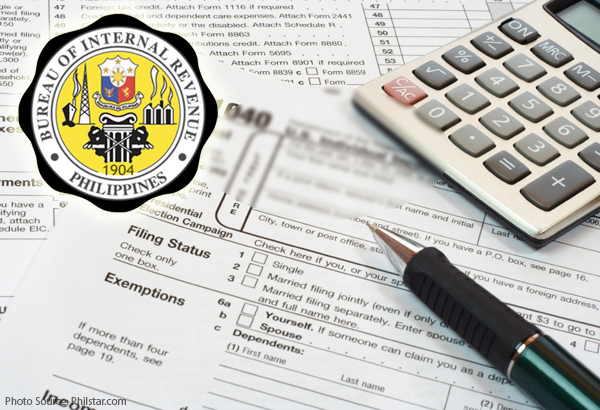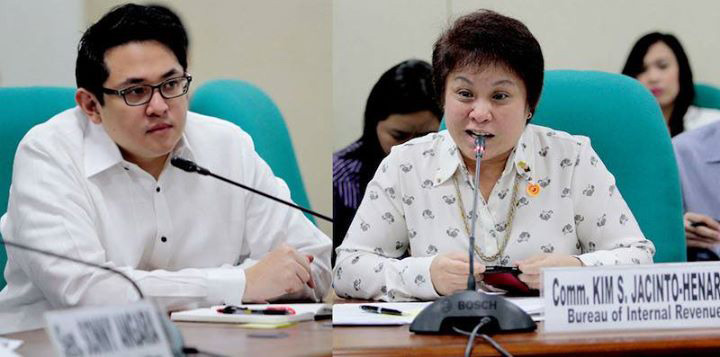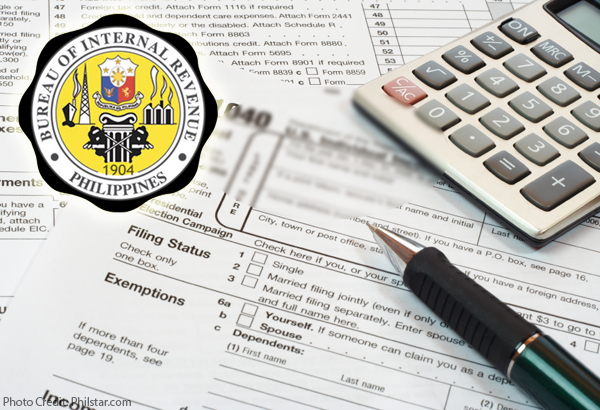Sen. Bam to BIR: Ensure zero harassment of small businesses in intensified inspections
While he welcomes the Bureau of Internal Revenue’s move to intensify inspection of businesses, Sen. Bam Aquino said the agency must ensure that this action will not be a tool for harassment and corruption.
“We laud the BIR’s effort to go after tax evaders, but the agency should also guarantee that they will target large businesses and not harass our micro, small and medium enterprises (MSMEs). Walang kalaban-laban ang mga maliliit na negosyo kung sila ay gipitin,” said Sen. Bam.
“Lalo na ngayong tumataas ang presyo ng bilihin, inaasahan ng mga pamilya ang kanilang maliit na negosyo, tulad ng sari-sari store at carenderia. Tiyakin dapat ng BIR na hindi papahirapan ng mga inspectors ang mga kababayan nating nasa laylayan,” added Sen. Bam.
Earlier, Sen. Bam pushed for the exemption of micro enterprises earning less than P250,000 annually from paying the required percentage taxes, on top of their income tax exemption, under the Tax Reform Acceleration and Inclusion Act (TRAIN) Act.
“Malaki ang naitutulong ng mga maliliit na negosyo at sideline sa mga mahihirap nating pamilya at komunidad. Dapat lang na suportahan sila ng gobyerno,” said Sen. Bam.
Sen. Bam is a former social entrepreneur and long-time advocate for MSME development.
His first law, Republic Act 10644 or the Go Negosyo Act, has established more than 800 Negosyo Centers around the Philippines to help Filipinos put up and manage successful businesses.
Sen. Bam also filed Senate Bill No. 169 or the Small Business Tax Reform Act, which seeks to provide small businesses with a lower income tax rate, VAT exemption and simplified filing of taxes.
Under the measure, all small businesses shall be exempt from payment of income tax for the first three years of its operation from date of establishment and will be subjected to lower income tax rates thereafter.
“This bill also proposes the lowering of the income tax rate for MSEs and an exemption from VAT, among other methods to help our small businesses grow,” said Sen. Bam.




Recent Comments